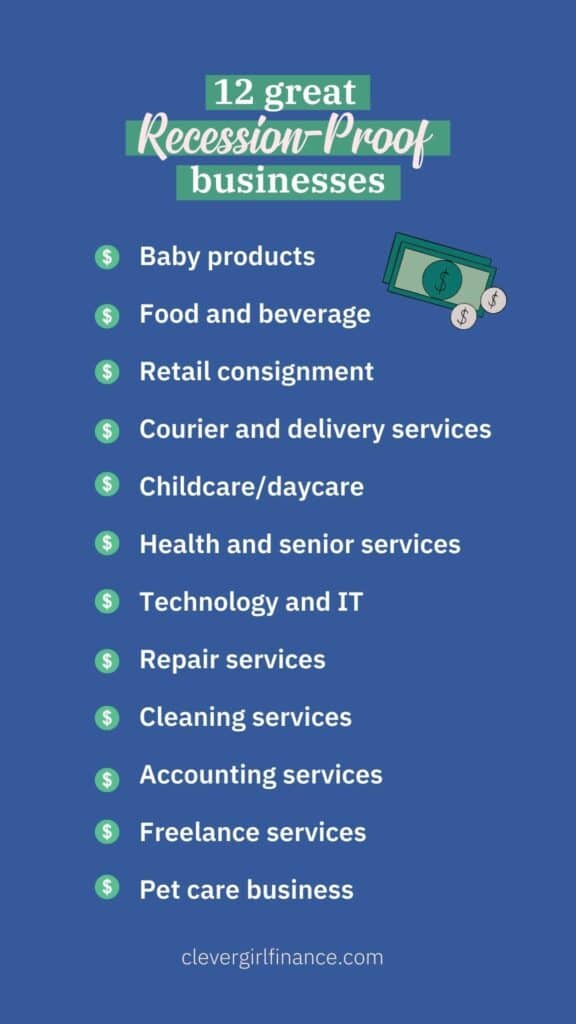
It can be difficult for people to understand the difference between investing and savings. Saving simply means putting aside money and not spending it. Investing is investing in something that will return. Savings may be more beneficial for short term goals, but investing will work better for long term goals.
Saving is the practice of putting money in a safe place such as a bank account or a savings account. There are some advantages to saving as it can help you avoid dipping into your credit cards when unexpected expenses arise. But investing can be more rewarding as it allows you to make higher returns.
Risky investments can make it difficult to invest. You need to be careful when choosing investments. To maximize your returns, diversifying your investment portfolio is a good idea. A bond fund, a mutual funds, or a public provision fund might be options. You should be careful when choosing which investment is best for you.

As with saving, it's always a good idea to have a well-thought out plan. A well-thought out strategy for saving money should include tracking expenses and setting a budget. You should also consider the potential risks and rewards of saving. A savings account should be opened for six to 12 months if you are self employed.
Investing is an excellent way to build wealth. The stock market may not be the place to gain quick cash. Additionally, it is riskier than saving and investing in stock can lead to a loss of capital. But you could reap rewards with a good stock portfolio. Investing in a well-diversified mix of stocks, bonds and other investment instruments will yield the enviable rewards of higher profits and higher interest rates.
Not only is investing for the wealthy and famous, but it's something that everyone can do. It's open to everyone. This means you can use your hard earned money to save for and invest in your goals. It doesn't matter if you invest in stocks, mutual fund, commodities, real estate, or another shady financial vehicle. You need to be aware of what you are doing.
It can be hard to get started in investing. First, you need to analyze your current financial situation. Next, you will need to identify your investment priorities. Specifically, what are you looking to achieve. You can then choose the best strategy to suit your needs.

One of the easiest methods to get started in investing is buying stocks. Stocks produce cash flow via dividends. You can also purchase shares in a mutual fund, ETF, or professionally managed investment portfolio. A share of a publicly traded company is a good investment. However, you should be cautious and be aware of any penalties for early liquidation.
Saving is the best way to get the most out of your money. A savings account will likely serve your needs better that an investment, unless you have a financial emergency.
FAQ
What is the role and function of the Securities and Exchange Commission
The SEC regulates securities exchanges, broker-dealers, investment companies, and other entities involved in the distribution of securities. It also enforces federal securities laws.
How are securities traded?
The stock market lets investors purchase shares of companies for cash. Shares are issued by companies to raise capital and sold to investors. Investors can then sell these shares back at the company if they feel the company is worth something.
Supply and Demand determine the price at which stocks trade in open market. The price goes up when there are fewer sellers than buyers. Prices fall when there are many buyers.
There are two ways to trade stocks.
-
Directly from the company
-
Through a broker
What is a REIT and what are its benefits?
An entity called a real estate investment trust (REIT), is one that holds income-producing properties like apartment buildings, shopping centers and office buildings. These companies are publicly traded and pay dividends to shareholders, instead of paying corporate tax.
They are similar in nature to corporations except that they do not own any goods but property.
Is stock a security that can be traded?
Stock can be used to invest in company shares. This is done through a brokerage that sells stocks and bonds.
You can also directly invest in individual stocks, or mutual funds. There are actually more than 50,000 mutual funds available.
The main difference between these two methods is the way you make money. Direct investment earns you income from dividends that are paid by the company. Stock trading trades stocks and bonds to make a profit.
In both cases, you are purchasing ownership in a business or corporation. But, you can become a shareholder by purchasing a portion of a company. This allows you to receive dividends according to how much the company makes.
Stock trading offers two options: you can short-sell (borrow) shares of stock to try and get a lower price or you can stay long-term with the shares in hopes that the value will increase.
There are three types stock trades: put, call and exchange-traded funds. Call and put options give you the right to buy or sell a particular stock at a set price within a specified time period. ETFs, also known as mutual funds or exchange-traded funds, track a range of stocks instead of individual securities.
Stock trading is very popular since it allows investors participate in the growth and management of companies without having to manage their day-today operations.
Stock trading can be very rewarding, even though it requires a lot planning and careful study. To pursue this career, you will need to be familiar with the basics in finance, accounting, economics, and other financial concepts.
Why is a stock called security.
Security is an investment instrument, whose value is dependent upon another company. It could be issued by a corporation, government, or other entity (e.g. prefer stocks). The issuer promises to pay dividends to shareholders, repay debt obligations to creditors, or return capital to investors if the underlying asset declines in value.
How are shares prices determined?
Investors decide the share price. They are looking to return their investment. They want to make money from the company. So they buy shares at a certain price. The investor will make more profit if shares go up. If the share price falls, then the investor loses money.
Investors are motivated to make as much as possible. This is why they invest in companies. They are able to make lots of cash.
Statistics
- "If all of your money's in one stock, you could potentially lose 50% of it overnight," Moore says. (nerdwallet.com)
- The S&P 500 has grown about 10.5% per year since its establishment in the 1920s. (investopedia.com)
- Our focus on Main Street investors reflects the fact that American households own $38 trillion worth of equities, more than 59 percent of the U.S. equity market either directly or indirectly through mutual funds, retirement accounts, and other investments. (sec.gov)
- US resident who opens a new IBKR Pro individual or joint account receives a 0.25% rate reduction on margin loans. (nerdwallet.com)
External Links
How To
How to invest in the stock market online
Investing in stocks is one way to make money in the stock market. There are many options for investing in stocks, such as mutual funds, exchange traded funds (ETFs), and hedge funds. The best investment strategy depends on your investment goals, risk tolerance, personal investment style, overall market knowledge, and financial goals.
To be successful in the stock markets, you have to first understand how it works. This involves understanding the various types of investments, their risks, and the potential rewards. Once you've decided what you want out your investment portfolio, you can begin looking at which type would be most effective for you.
There are three main types: fixed income, equity, or alternatives. Equity refers a company's ownership shares. Fixed income refers to debt instruments such as bonds and treasury notes. Alternatives include commodities and currencies, real property, private equity and venture capital. Each category comes with its own pros, and you have to choose which one you like best.
Once you have determined the type and amount of investment you are looking for, there are two basic strategies you can choose from. The first is "buy and keep." This means that you buy a certain amount of security and then you hold it for a set period of time. The second strategy is "diversification". Diversification means buying securities from different classes. You could diversify by buying 10% each of Apple and Microsoft or General Motors. Buying several different kinds of investments gives you greater exposure to multiple sectors of the economy. This helps you to avoid losses in one industry because you still have something in another.
Another important aspect of investing is risk management. Risk management can help you control volatility in your portfolio. A low-risk fund would be the best option for you if you only want to take on a 1 percent risk. On the other hand, if you were willing to accept a 5% risk, you could choose a higher-risk fund.
Knowing how to manage your finances is the final step in becoming an investor. Planning for the future is key to managing your money. A good plan should cover your short-term goals, medium-term goals, long-term goals, and retirement planning. Sticking to your plan is key! You shouldn't be distracted by market fluctuations. Your wealth will grow if you stick to your plan.